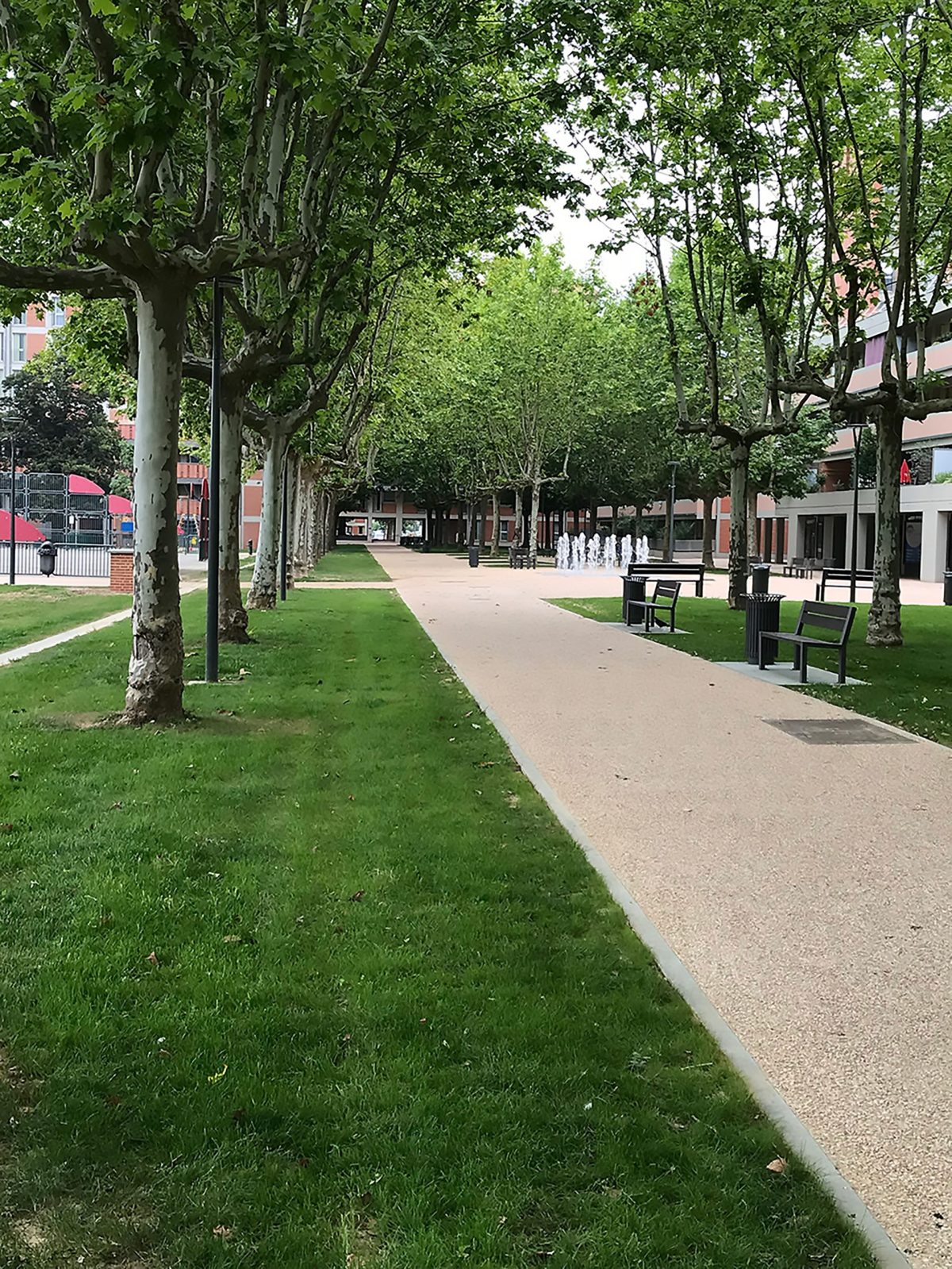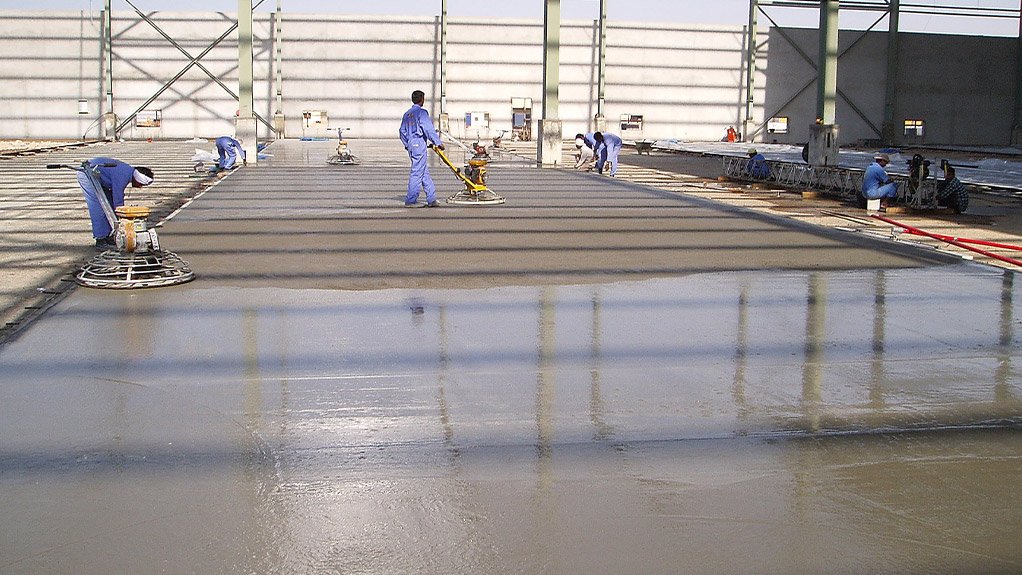
There is an alarming shortage of
concrete technologists in South Africa with only 79 School of Concrete
Technology-educated students having attained the pinnacle of concrete technology,
the Advanced Concrete Technology (ACT) qualification, in almost 30 years.
John Roxburgh, senior lecturer at The
Concrete Institute’s School of Concrete Technology, says although it is cause
for serious concern, the situation also provides tremendous career-boosting
opportunities for those holding ACT diplomas. “These are people who have passed
the world’s most esteemed course – and their skills would be in demand not only
here but globally.”
The ACT diploma is the world’s leading
qualification in concrete technology, examined by the UK-based Institute of
Concrete Technology (ICT). The course incorporates high industry educational
standards and passing it lifts successful candidates from the pack. But it’s a
challenging course and for this reason, SCT has developed two e-learning
courses to aid those who plan to study for an ACT diploma. These courses, in
fact, must be successfully completed before the trainee can be considered as a candidate
for ACT studies.
The SCT41 course was developed as a study
aid for the ICT Stage 2 Concrete
Technology & Construction – General Principles examination. “Not only will passing this examination
result in acceptance for Advanced Concrete Technology diploma studies, but it
will also allow the successful candidates to receive Affiliate Membership of
the ICT and the right to use the letters ‘AffICT’ after their names.”
Roxburgh says passing the ICT Stage 3 Concrete Technology & Construction –
Practical Applications examination is the final course – especially
developed by SCT – to complete before enrolling for the Advance Concrete
Technology programme. “The SCT42 course covers
concrete material selection, site procedures, construction methods and
achievement of concrete quality and performance. On passing this ICT examination, the ICT will
– on successful application – consider bestowing Associate Membership on
successful candidates who can then display the letters ‘AMICT’ after their
names.
“To get to this level, however, requires
taking the first step by enrolling with the SCT for the SCT41 (general
principles) and SCT42 (practical applications) courses as soon as possible to
prepare for the ICT examinations to be written in May 2020. This would be the
start of an exciting career in concrete technology – and acceptance for the
SCT’s 2021 Advanced Concrete Technology course,” he urged.
The Concrete Institute’s School of
Concrete Technology is the oldest and largest provider of concrete technology education
in South Africa with a wide range of courses for all levels of competency. The SCT 2019 education programme carries full
details of the two special courses for the ICT exams outlined above.
For more details about other 2019 courses
planned in Midrand, Cape Town and Durban by the School of Concrete Technology,
phone 011 315 0300 or email [email protected] or visit www.theconcreteinstitute.org.za.
More news
- CELEBRATING EXCELLENCE IN THE RESIDENTIAL PROPERTY SECTOR
- PART 4: GIBS PANEL DISCUSSES INTEMEDIATE CITIES ROLE IN AFRICA’S DEVELOPMENT
- EXPOSED AGGREGATE PAVERS COMPLEMENT NEW LIFESTYLE CENTRE
- GIBS PANEL EXPLORES ROLE OF INTERMEDIATE CITIES IN SA’S DEVELOPMENT PART 3
- CITI-CON’S CONCRETE KNOWLEDGE SUCCESSFULLY DEPLOYED ON NEW LANDMARK DEVELOPMENT





